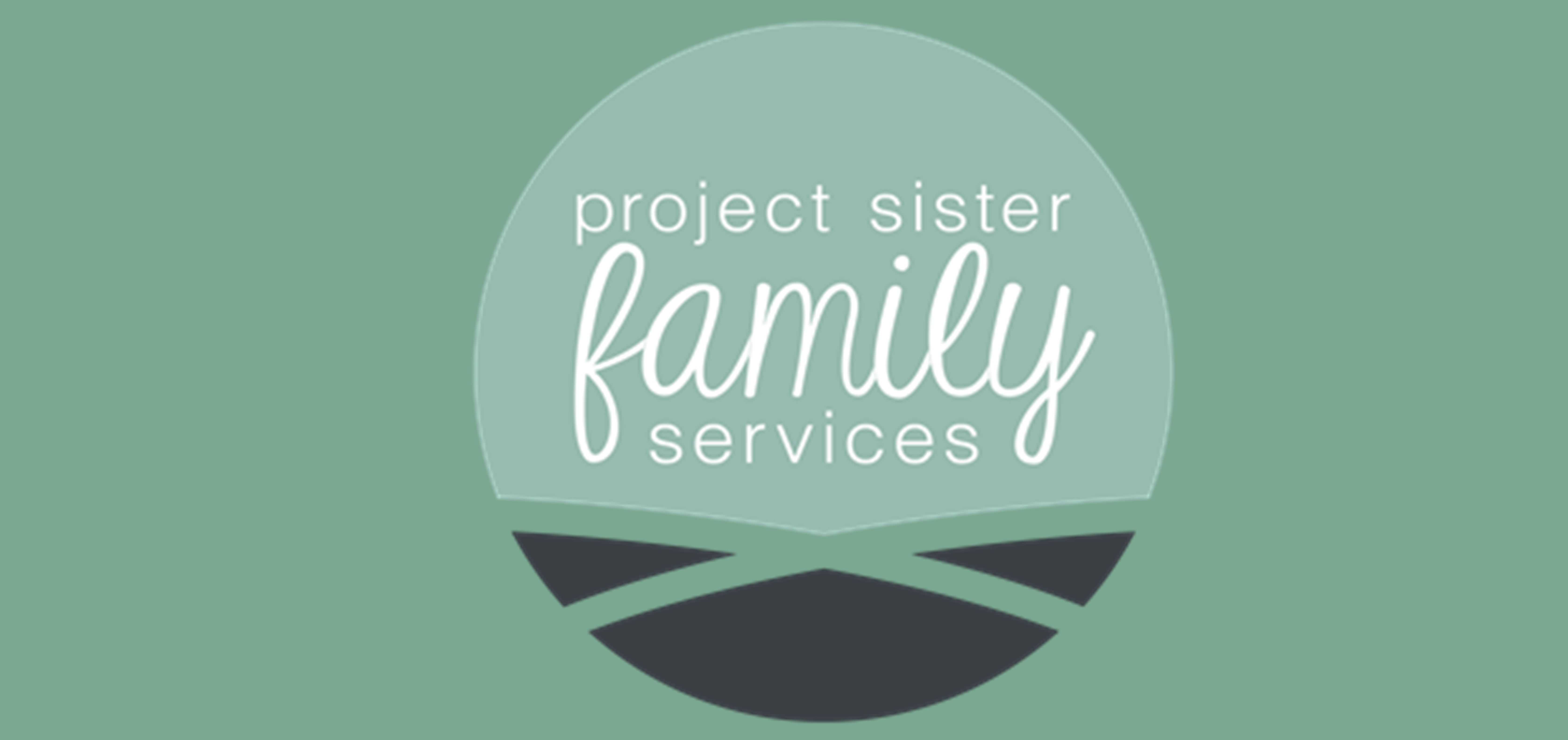Two California Laws Address Sexual Assault on Campus
by Sophia Lopez, Outreach Services Coordinator
Project Sister Family Services
For those recent high school graduates who are on their way to college, there are many exciting changes and new adventures to look forward to: new roommates and communities to navigate, different experiences, more independence, to name a few. However, an experience no incoming freshman anticipates is that she/he might be sexually assaulted. Unfortunately this is the grim reality that American collegians, particularly young 18 and 19 year old women, are facing.
A recent research study by the Department of Justice shows that 1 in 5 women is the victim of an attempted or completed sexual assault during college. More disturbingly, if a student is sexually assaulted there is often little to no support or validation from the college administration. As a nation we are seeing a disturbing trend of colleges not only failing to ensure a safe environment for their students but also refusing to hold perpetrators accountable.
There are two major laws that address the issue of sexual violence on college campuses, Title IX and The Clery Act. Title IX of the Education Amendments of 1972 is a federal civil rights law that prohibits discrimination on the basis of sex in any education program or activity that receives federal funding. Many are familiar with this law as it relates to sports, but sex discrimination also includes all sexual violence that “bars the victim’s access to an educational opportunity or benefit.” Even a single instance of rape or sexual assault by another student, faculty, or staff member could meet this standard. The Jeanne Clery Disclosure of Campus Security Policy and Campus Crime Statistics Act (known as The Clery Act) is a federal law requiring United States colleges and universities to disclose information about crime on and around their campuses.
Due to the national outrage and federal complaints about the lack of campus safety, President Obama signed a memorandum, in January 2014, ordering the creation of a task force focused on campus sexual assault. Additionally, the Department of Education is currently investigating over 100 colleges and universities in the U.S., ranging from prestigious private institutions to large public universities to small regional schools, for their mishandling of sexual assault cases in direct violation one or both of these federal laws.
It is incredibly disheartening to see the inadequate response from so many colleges, especially knowing that these issues are happening at more schools and in greater numbers than are currently being investigated. Not only have there been allegations that colleges have been under-reporting assaults on their campuses and mishandling these cases, countless survivors have come forward to share stories of how they were shamed, silenced, and even blamed for their assaults. This is an incredibly disturbing trend that has come under heightened national scrutiny in recent years. However, we have seen a lot of proactive action across the country and in our own state in response to this violence. In the past couple of years, the nation has seen a large grassroots movement of student-led activism that has pushed the issue of sexual assault on college campuses into the national spotlight. These brave advocates, which include survivors, faculty and graduates, have not only helped to raise awareness about this serious issue but have come together to create resources and support for survivors who may not know their rights, and/or how to navigate reporting their assault.
In September 2014, California became the first state in the nation to define how and when consent can be given. Senate Bill 967 establishes an affirmative consent standard on all state colleges that receive federal funding for financial aid. Affirmative consent is defined as “an affirmative unambiguous and conscious decision by each participant to engage in mutually agreed upon sexual activity … Lack of protest or resistance does not mean consent. Nor does silence mean consent.” This is a shift in the way that consent has typically been viewed; as opposed to a “no means no” model, this bill would be a “yes means yes” model, and put the focus on having clear, affirmative consent. Instead of asking the victim “Did you say no?” we would ask the perpetrator “Did he/she say yes?” This is an incredibly important distinction, and the new focus should help to end the victim-blaming questions that are often asked of survivors during investigations. Too often, the actions of the survivor are under more scrutiny that the actions of the perpetrator. This law puts the responsibility on the partner who is initiating sexual activity to have clear consent at every stage.
Another area of concern is the increasing number of complaints from survivors that campus officials are covering up and underreporting assaults, as well as showing a reluctance to involve local law enforcement professionals. In response to this, California recently passed Assembly Bill 1433 in October 2014, which amends the state Education Code to require any report of a Part 1 violent crime (willful homicide, forcible rape, robbery or aggravated assault) or hate crime received by a college campus law enforcement agency to be immediately reported to the appropriate police or sheriff’s department unless the victim expressly requests that such a report not be passed along.
It is important to recognize that sexual assault is a systemic problem on campuses across the nation and not simply a series of isolated incidents as it is often viewed. Sexual violence is not a unique issue only found in higher education. Sexual assault is a pervasive form of violence that is embedded in all facets and levels of our society, and in many institutions across our nation and the world. If we are to effectively combat this type of violence, we must change our perspective and focus our prevention and intervention efforts not only on an individual level, but on a community and cultural level as well. It is encouraging to know that California is at the forefront of addressing these issues in higher education, and setting an example for the rest of the country. In fact, New York recently approved an affirmative consent law just last month. No matter the many positive strides that we make as a community and as a state, it is important to recognize that there is a lot of work still to do.
Project Sister Family Services (PSFS) is proud of the many partnerships our agency has with the local college communities. Most notably, the Claremont Colleges have engaged a PSFS staff therapist offering counseling services to students on site, and we have been invited to conduct training to the University of La Verne Resident Advisors for over 5 years. We value our collaborations with the many college campuses in our service area, and look forward to continuing to provide support, prevention education and crisis intervention to their faculty and students.
Interested in learning more? Watch The Hunting Ground, a documentary on college sexual assault. www.thehuntinggroundfilm.com
For resources for college students and communities, please visit the following sites:
www.knowyourix.org
www.notalone.gov
www.endrapeoncampus.org
www.changingourcampus.org

